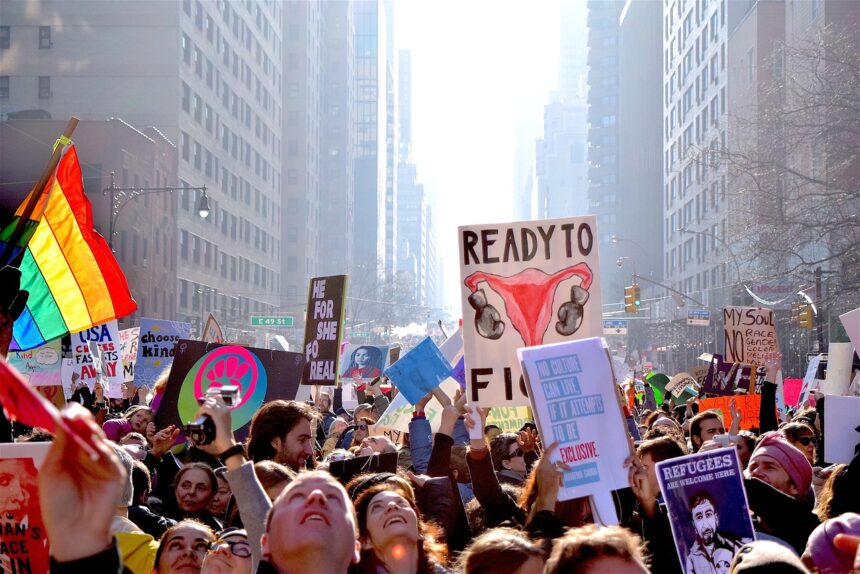In today’s interconnected world, the question of whether young people are more accepting of political diversity is particularly relevant. In India, with its vast and varied demographic, young individuals often demonstrate a notable openness to diverse political views, although the degree of acceptance can vary significantly across different contexts and regions.
The Influence of Global Connectivity
The exposure to global cultures and ideologies through digital platforms has endowed young Indians with a broader worldview. According to a 2021 survey by the Centre for the Study of Developing Societies (CSDS), 62% of young Indians in urban areas believe that exposure to global media has influenced their political opinions, suggesting a correlation between digital connectivity and political openness.
Educational Impact on Political Diversity
Educational institutions play a crucial role in shaping young minds. The CSDS survey also noted that students from universities that actively encourage political debates are 28% more likely to engage in discussions with peers holding opposing views compared to those from institutions where such debates are less common. This indicates that educational environments fostering open dialogue contribute significantly to accepting political diversity.
Social Media: A Double-Edged Sword
While social media platforms like Twitter and Facebook offer spaces for diverse political discourse, they also pose challenges. The same CSDS study found that although 74% of young social media users engage with politically diverse content, about 48% report feeling overwhelmed by polarized discussions, which can sometimes reduce tolerance for opposing views.
Political Engagement Among the Youth
Active political engagement among young Indians is growing. Participation in protests and movements, such as those for environmental issues or against certain government policies, often requires collaboration across diverse political ideologies. The Youth in India 2021 report by the Ministry of Statistics and Programme Implementation highlights that participation in such activities has risen by 15% in the past five years, suggesting a practical acceptance of diverse viewpoints among engaged youth.
Persistent Challenges
Despite a trend towards greater openness, deep-seated biases related to caste, religion, and ethnicity continue to shape political opinions among the youth. These biases sometimes overshadow the acceptance of political diversity, particularly in rural or less urbanized areas where traditional norms are more entrenched.
Conclusion
Overall, many young Indians are becoming more accepting of political diversity, influenced by factors like global connectivity, educational environments, and active political engagement. However, this acceptance is not uniform and faces challenges from both digital echo chambers and traditional societal divisions. To foster a more inclusive approach to political diversity among the youth, it’s crucial to encourage environments that promote critical thinking and respectful dialogue across all platforms. This evolving landscape suggests that with continued nurturing and support, India’s youth can play a pivotal role in shaping a more diverse and vibrant political future.


Leave a Reply